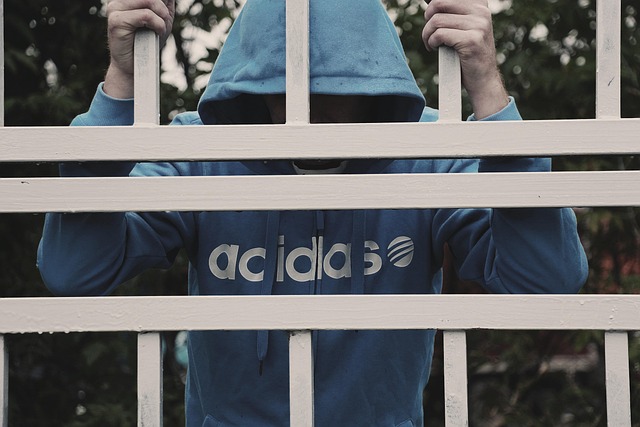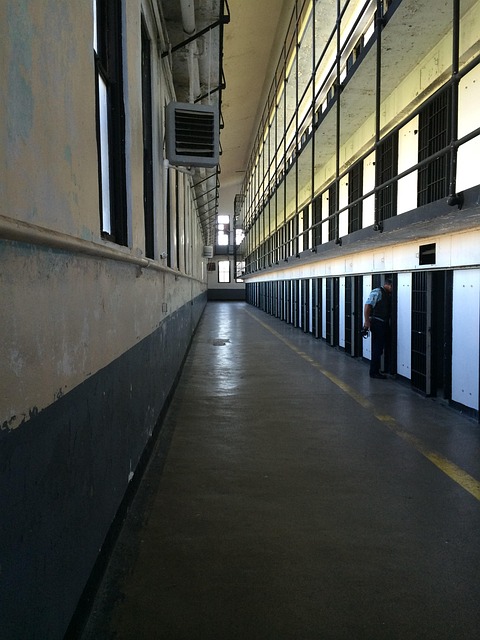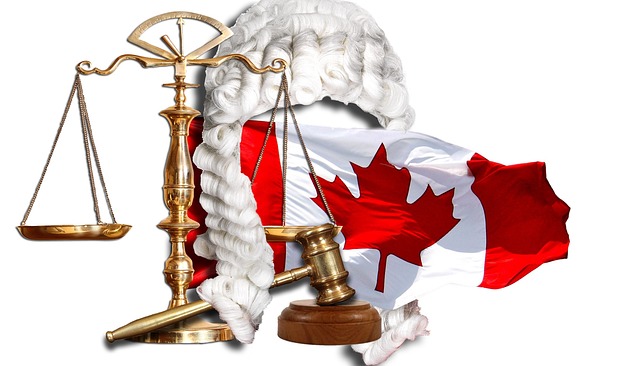Ride-sharing drivers have a dual responsibility to protect passengers and pedestrians during DUI incidents. Strict laws mandate immediate sobriety tests and accountability for drivers. Pedestrians involved can seek legal recourse for compensation covering medical expenses and damages. Ride-sharing companies face significant legal repercussions for driver negligence, emphasizing the need for robust safety measures, including background checks, monitoring, and transparent tracking technology to safeguard Pedestrians Rights in DUI Incidents. Effective complaint mechanisms and regular reporting further protect pedestrians' rights and foster a secure environment.
In the dynamic landscape of ride-sharing services, ensuring driver accountability is paramount. This article delves into crucial aspects of ride-sharing driver responsibility, focusing on pedestrians’ rights in DUI incidents. We explore key protections for pedestrians and analyze scenarios where drivers breach safety protocols. Furthermore, we discuss legal implications for ride-sharing companies and examine strategies to enhance transparency through tracking driver behavior. Additionally, we highlight effective complaint mechanisms for safeguarding users.
- Understanding Ride-Sharing Driver Responsibilities
- Pedestrians' Rights: Key Protections in DUI Cases
- When Drivers Breach Safety Protocols
- Legal Implications for Ride-Sharing Companies
- Enhancing Transparency: Tracking Driver Behavior
- Safeguarding Users: Effective Complaint Mechanisms
Understanding Ride-Sharing Driver Responsibilities

Ride-sharing drivers, while providing a convenient and often more affordable transportation option, also carry significant responsibilities. They are not just transporting passengers from point A to B; they are also accountable for ensuring the safety of everyone on the road, including pedestrians. In the event of a DUI (Driving Under the Influence) incident involving a ride-sharing driver, understanding their obligations is crucial.
Drivers must adhere to strict protocols and legal requirements, especially regarding pedestrian rights. This includes recognizing and reacting promptly to potential hazards, obeying traffic laws, and being prepared to account for their actions. Pedestrians’ rights in DUI incidents are protected by law, and ride-sharing drivers have a duty to navigate these situations with care and compliance.
Pedestrians' Rights: Key Protections in DUI Cases

In cases of DUI (Driving Under the Influence), pedestrians’ rights and protections are paramount to ensure justice and safety. When a driver is under the influence, they pose a significant risk not only to other drivers but also to vulnerable pedestrians. In such incidents, pedestrians have specific legal protections in place. These rights focus on holding drivers accountable for their actions and ensuring fair compensation for any harm caused.
Key protections include stringent laws that mandate immediate field sobriety tests and blood or breath alcohol testing. Pedestrians involved in DUI-related accidents have the right to seek legal counsel and file claims against negligent drivers. This process enables them to access financial compensation for medical expenses, pain and suffering, and other related damages. Understanding these rights is crucial for pedestrians to navigate their options effectively during challenging times.
When Drivers Breach Safety Protocols

When ride-sharing drivers breach safety protocols, it can have severe consequences, especially when it comes to protecting pedestrians’ rights in DUI incidents. Drivers are expected to adhere to strict guidelines to ensure the safety of passengers and those around them. Any deviation from these protocols could lead to dangerous situations.
For instance, if a driver operates under the influence of alcohol or drugs while on duty, it not only endangers the lives of passengers but also poses a significant risk to pedestrians. In such cases, enforcing strict accountability measures is crucial. Pedestrians’ rights must be upheld, and those responsible for breaches should face consequences that include fines, license suspensions, or even legal action, especially if their negligence results in harm or injury to others.
Legal Implications for Ride-Sharing Companies

Ride-sharing companies operate within a complex legal landscape, and their primary responsibility is to ensure passenger safety. However, when it comes to driver accountability, especially in incidents involving pedestrians, the consequences can be significant. In cases of drunk driving (DUI), where a ride-sharing driver is found negligent, both the company and the driver face legal implications. Pedestrians’ rights are paramount, and any harm caused by a driver under their service may lead to civil lawsuits for damages.
These companies must adhere to strict regulations regarding driver background checks, drug testing, and monitoring to mitigate risks. The onus of responsibility extends beyond ensuring a safe ride; it involves proactive measures to prevent accidents and protect vulnerable road users, including pedestrians, especially in DUI-related incidents.
Enhancing Transparency: Tracking Driver Behavior

Enhancing transparency in ride-sharing services is a key aspect of ensuring accountability, especially when it comes to driver behavior and safety. With advanced tracking technology, companies can monitor driver performance in real time. This includes monitoring speed, abrupt stops, and adherence to traffic rules, which are crucial factors in preventing accidents and protecting pedestrians’ rights during DUI incidents.
By analyzing these data points, ride-sharing platforms can identify potentially risky drivers and take proactive measures. It enables them to provide feedback, offer training, or even suspend accounts that exhibit consistent unsafe behavior. This transparent approach not only encourages drivers to maintain higher standards but also instills public confidence in the overall system, ensuring a safer experience for everyone involved.
Safeguarding Users: Effective Complaint Mechanisms

Ensuring pedestrian safety is paramount in ride-sharing services, especially considering the potential risks associated with drunk driving (DUI). Effective complaint mechanisms play a crucial role in safeguarding users by addressing any incidents involving irresponsible drivers. These mechanisms should be easily accessible and user-friendly, allowing passengers to report concerns immediately after their trips. Quick response times are vital to prevent repeat offenses and protect future riders.
Implementing robust reporting systems that cater to both in-app feedback and external communication channels can help identify patterns or recurring issues. Moreover, integrating features that verify driver credentials and conduct regular background checks enhances accountability. By prioritizing these safety measures, ride-sharing platforms can uphold the rights of pedestrians, ensuring a secure environment for everyone on the road, particularly during vulnerable moments like DUI incidents.
In conclusion, ensuring accountability among ride-sharing drivers is paramount for protecting both passengers and pedestrians. By understanding their responsibilities, recognizing breach of safety protocols, and implementing robust legal frameworks, ride-sharing companies can enhance transparency and safeguard user safety. Strong complaint mechanisms and increased focus on driver behavior, especially during DUI incidents, are crucial steps towards fostering a secure and reliable ride-sharing environment. Empowering both drivers and pedestrians with knowledge of their rights is key to navigating these complex issues, ultimately leading to a safer and more accountable transportation ecosystem.






